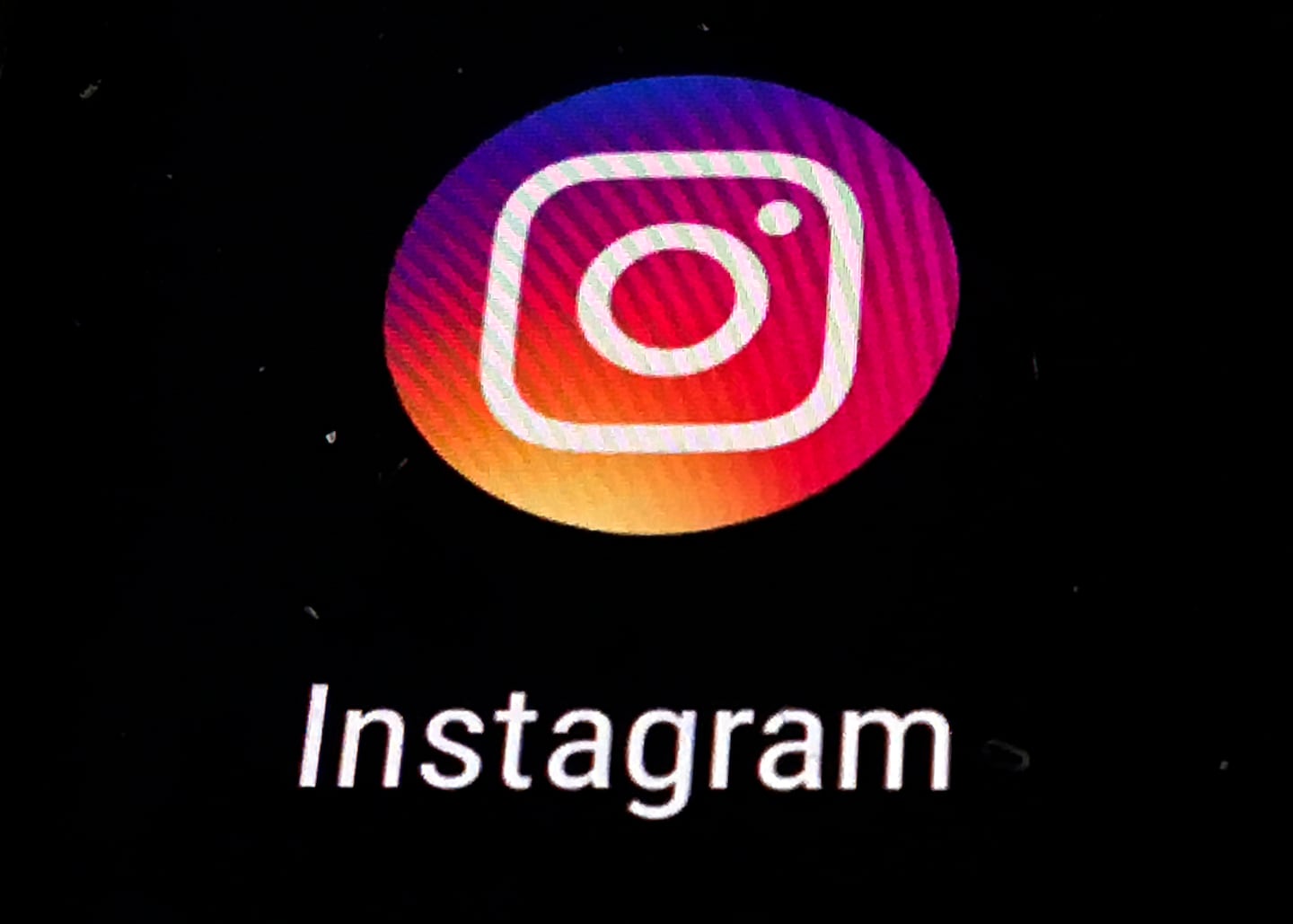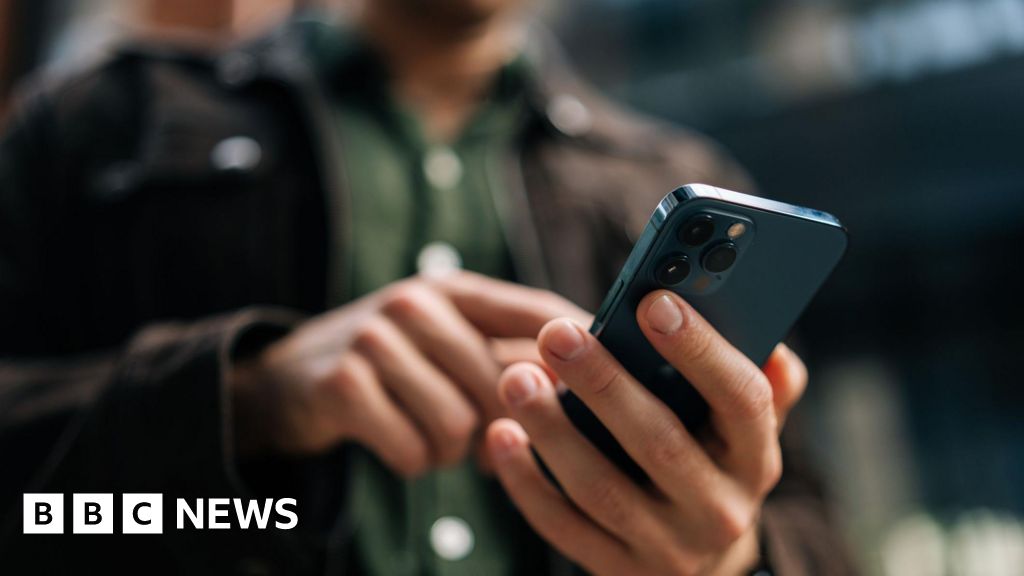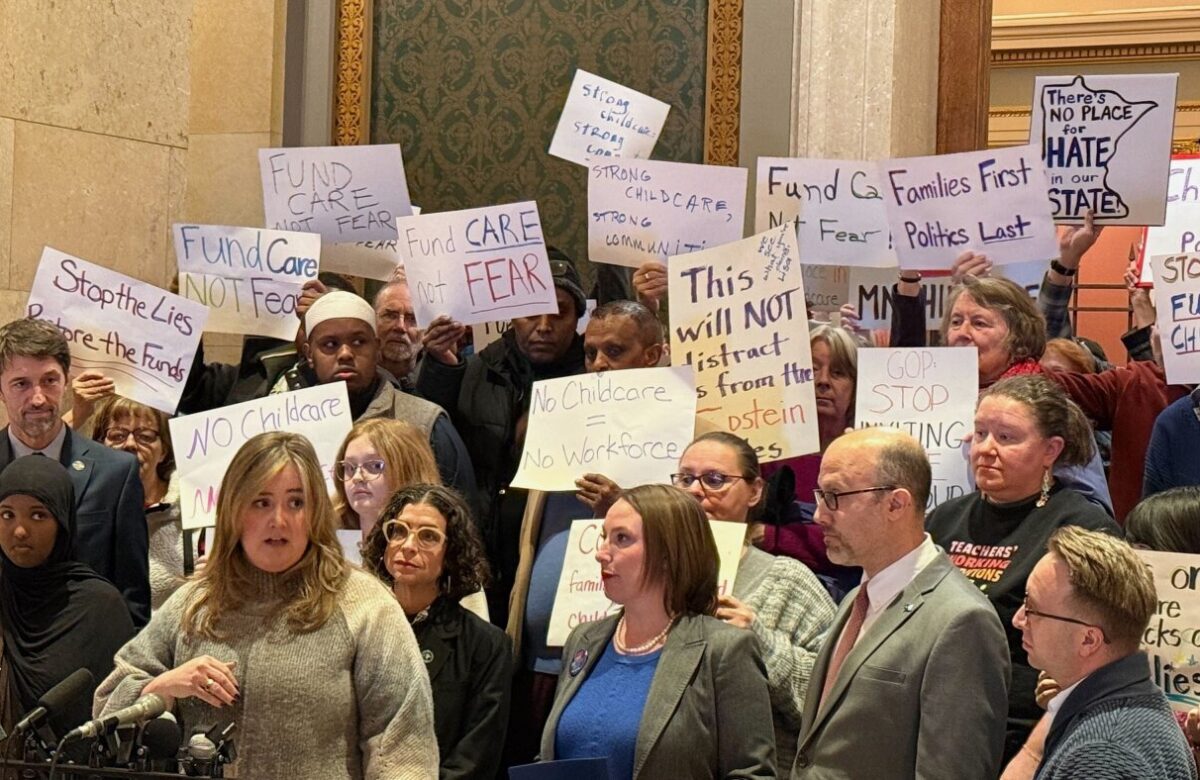
Content creators ask Meta to reverse Instagram, Threads limits on politics
- Science
- April 11, 2024
- No Comment
- 346
The decision has alarmed users who post about social issues, including LGBTQ rights, women’s rights, racial inequality and disability. And independent journalists and content creators say they’ve struggled to reach their audiences in recent weeks since the change was rolled out. The limits, they say, have significantly affected creators who are Black, female, disabled and LGBTQ.
The letter suggests that rather than changing the default settings of all accounts to restrict political content, Meta should give users the opportunity to opt in to such restrictions.
“As users of Meta’s platforms, we did not choose to automatically opt-out of receiving suggested political content on civic activism and news updates,” the letter reads. “Removing political recommendations as a default setting, and consequently stopping people from seeing suggested political content poses a serious threat to political engagement, education, and activism.”
Political content, under the new restrictions, includes any content that touches on politics or, in Meta’s words, “topics that affect a group of people and/or society at large.” Those topics include content about LGBTQ and women’s rights as well as posts about racial and disability discrimination. Many creators also have reported that the filters restrict content on other seemingly unrelated topics.
Ky Polanco, the co-founder of @Feminist, an Instagram news page that covers women’s and abortion rights, said the change has been devastating. The week Meta enacted the restrictions, she saw the reach of the account plummet from 10 million users to 800,000. Polanco said other accounts that post on similar issues have told her they’ve also seen major declines in audience.
“This hurts people’s access to information and their ability to find accurate information,” she said.
The letter was organized by Accountable Tech, a nonprofit that says its mission is “to curb the societal harms driven by Big Tech’s toxic business practices,” and GLAAD, an LGBTQ rights organization. LGBTQ creators have been particularly concerned by the limitations because they were imposed as some states were placing restrictions on medical treatments for transgender youths.
“Categorizing ‘social topics that affect a group of people and/or society large’ as ‘political content’ is an appalling move,” GLAAD said in a statement. “LGBTQ people’s lives are simply that, our lives. Our lives are not ‘political content’ or political fodder. This is a dangerous move that not only suppresses LGBTQ voices, but decimates opportunities for LGBTQ people to connect with each other, and allies, as our content will be excluded from the algorithm.”
“Limiting the reach of creators without notice or definition of what constitutes ‘political content’ threatens their identities and livelihoods, while leaving hundreds of millions of users without access to critical news content during the biggest global election year in history,” said Nicole Gill, a co-founder of Accountable Tech and its executive director. “Today’s fragmented media environment, that Meta helped create, has resulted in social media platforms having outsize influence over the way information is presented and disseminated, and this decision will have negative effects both on and off their platforms.”
The impact of the policy change is difficult to measure. Meta has not provided details of how many posts have been affected by the politics policy, and it is impossible to know how many times an account would have been recommended under the previous policy.
Meta spokesman Andy Stone said the change affects only the recommendation systems and “expands on years of work on how we approach and treat political content based on what people have told us they wanted. And now, people are going to be able to control whether they would like to have these types of posts recommended to them.”
Several news organizations, including The Washington Post, have posted instructions on how their followers can opt out of the restrictions. However, at least some users who have opted out still report that they’re seeing less content about political and social issues in their feeds.
George Lee, a Texas native with more than 470,000 Instagram followers who posts about laws and issues affecting race, class, and gender, said the number of comments, likes, and video impressions on his posts have dropped by about 50 percent since the policy went into effect. “It’s going to make black, brown, trans, gender nonconforming people even more hidden in the margins of social media,” said Lee, who was nominated last year for an NAACP Image Award. “It’s going to impact the visibility of these creators and also what type of brand deals they get.”
Those critical of the ban say it limits content that challenges the status quo. Lee gave as an example a theoretical post about Thanksgiving. Under Meta’s current restrictions, posts celebrating Thanksgiving and its history would not be considered political content. However, posts challenging the premise of the holiday and speaking about its ties to discrimination against Native Americans would be considered political content, he said.
“Me being Black, I didn’t politicize that, someone else did,” Lee said. “Me talking about being an ally to the LGBTQ community or women, I didn’t politicize that, someone else did. I think this is going to have a lot of horrible residual impacts on different marginalized communities.”
This is not the first time Meta has attempted to restrict content related to politicized topics. When the company introduced Threads last year, it blocked dozens of words from its search, including all terms related to the coronavirus, vaccines and long covid in the midst of a significant surge of the virus, drawing sharp criticism from public health experts. The company later allowed searches for terms related to the pandemic, but other words are still blocked from search, including “porn.” This has limited the reach of news articles on topics such as the danger of revenge porn, say those affected.
Polanco said Meta also previously restricted the @Feminist account. After the account raised $100,000 for abortion rights in less than 48 hours in 2021, Meta disabled its ability to raise money, which left it unable to solicit donations after the Supreme Court overturned Roe v. Wade in 2022. After months of back and forth with Meta, the function was restored, Polanco said, but Meta never explained why it had been restricted.
#Content #creators #Meta #reverse #Instagram #Threads #limits #politics









